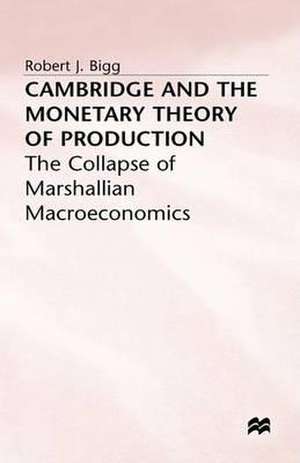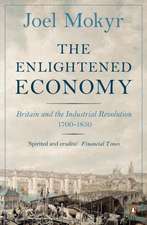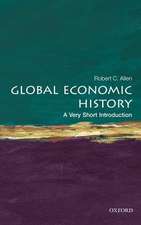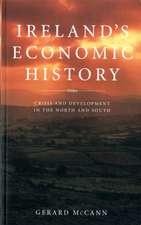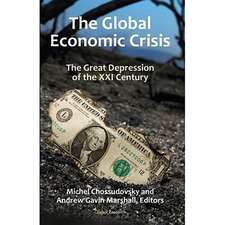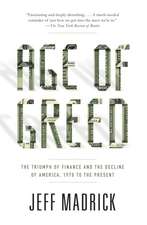Cambridge and the Monetary Theory of Production: The Collapse of Marshallian Macroeconomics
Autor R. Biggen Limba Engleză Hardback – 22 mai 1990
Preț: 641.85 lei
Preț vechi: 755.13 lei
-15% Nou
Puncte Express: 963
Preț estimativ în valută:
122.86€ • 133.49$ • 103.27£
122.86€ • 133.49$ • 103.27£
Carte tipărită la comandă
Livrare economică 21 aprilie-05 mai
Preluare comenzi: 021 569.72.76
Specificații
ISBN-13: 9780333516577
ISBN-10: 0333516575
Pagini: 228
Ilustrații: XII, 228 p.
Dimensiuni: 140 x 216 x 18 mm
Greutate: 0.46 kg
Ediția:1990
Editura: Palgrave Macmillan UK
Colecția Palgrave Macmillan
Locul publicării:London, United Kingdom
ISBN-10: 0333516575
Pagini: 228
Ilustrații: XII, 228 p.
Dimensiuni: 140 x 216 x 18 mm
Greutate: 0.46 kg
Ediția:1990
Editura: Palgrave Macmillan UK
Colecția Palgrave Macmillan
Locul publicării:London, United Kingdom
Cuprins
Preface - Introduction - Some Methodological Issues - The Cambridge School - Marshall's Theory of Money and the Trade Cycle - The Marshallian Research Programme - Risk and Uncertainty 1900-26 - Formalisation of the Cambridge Quantity Theory - Developments in Cambridge Monetary Theory to 1925 - The Limitations of the Quantity Theory and the Money Veil - The Trade Cycle - Robertson's Banking Policy and the Price Level - Degeneration in the Marshallian Research Programme - Conclusion - Notes - Bibliography - Index
Notă biografică
ROBERT J. BIGG
